Given the choice, would you choose a natural, inexpensive fertilizer for your plants or an expensive chemical fertilizer? What if you could boost your plants' ability to take up water and nutrients while improving the texture of clay or sandy soil? Does the idea of creating an environment where beneficial soil microorganisms flourish appeal to you? If I told you a single product could do this for your garden, you might be surprised. And you might be even more surprised to learn that the product is manure.
Farmers have known about the benefits of manure for centuries. Manure contains nitrogen, phosphorus and potassium along with many micronutrients, which makes it a great, natural fertilizer, while the organic matter it contains helps to improve the soil's structure. Manure fertilizes plants, improves soil and is readily available. In addition, it is inexpensive, sustainable and organic. So instead of reaching for that expensive chemical fertilizer, grab a bag of manure instead.
Related: Get on a Composting Kick — Hello, Free Fertilizer!
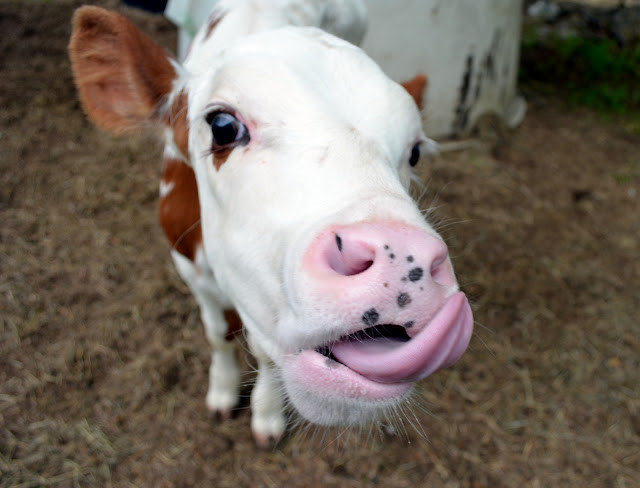
Noelle Johnson Landscape Consulting
How does manure work? Manure is a good source of nitrogen, phosphorus and potassium (NPK) and micronutrients, which it slowly releases into the soil. It also enriches the soil as microorganisms break down the organic matter contained in it.
Besides making garden soil more fertile, manure improves the texture of soil by helping soil hold onto nutrients and water. It also improves the drainage of clay soils and increases the water-holding capacity of sandy soils.
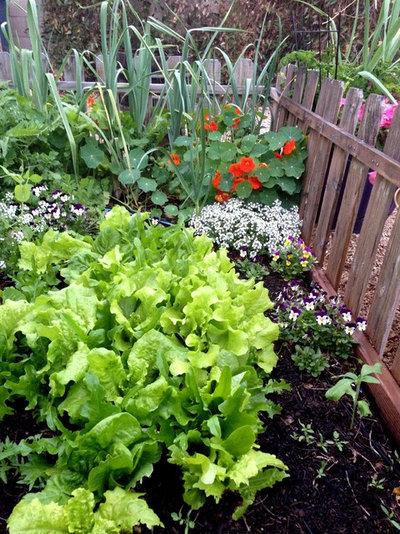
Noelle Johnson Landscape Consulting
While manure is a good source for nitrogen, it takes a while for the nitrogen to become available to plants when the manure is first added to unimproved soil. As a result, you may want to add another form of nitrogen, such as blood meal or a fish emulsion, for the first one to two years. After three annual applications of manure, the level of nitrogen may be enough to sustain plants without your needing to use any other nitrogen sources.
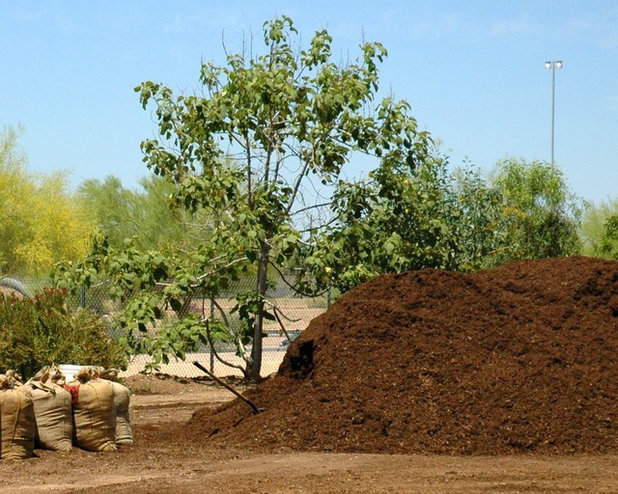
Noelle Johnson Landscape Consulting
Fresh manure versus composted manure. Fresh manure has a distinctive odor and contains weed seeds and high nitrogen levels. It should not be applied directly to your garden, because it will burn your plants.
Manure needs to be composted (aged at least six months) before you can add it to your garden. During the composting process, temperatures heat up to 150 degrees Fahrenheit, which kills pathogens and weed seeds. During this process the nitrogen in manure is converted into a form that won't burn plants.
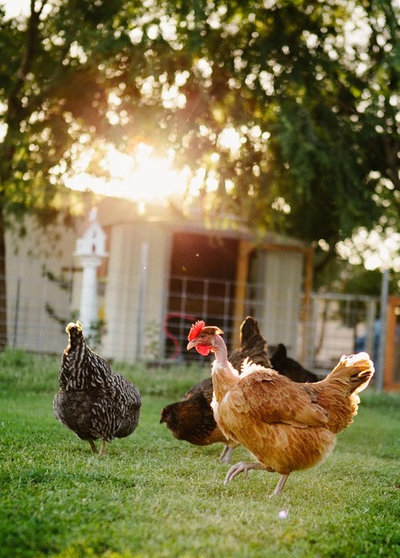
Noelle Johnson Landscape Consulting
Sources of manure. The most common types of manure for the garden are cows, horses, chickens and rabbits. While all of these types will benefit your garden, there are some differences.
- Cow manure is the most commonly used manure in the garden. It has few weed seeds and is less likely to burn plants then other manures.
- Horse manure has slightly more nitrogen than cow manure but has a higher amount of weed seeds, which can come up if the manure has not been thoroughly composted.
- Chicken and rabbit manures have the highest levels of nitrogen and must be composted for at least six months so they don't burn plants.
Manure from cats, dogs and pigs isn't suitable for using in the garden because it contains dangerous pathogens.
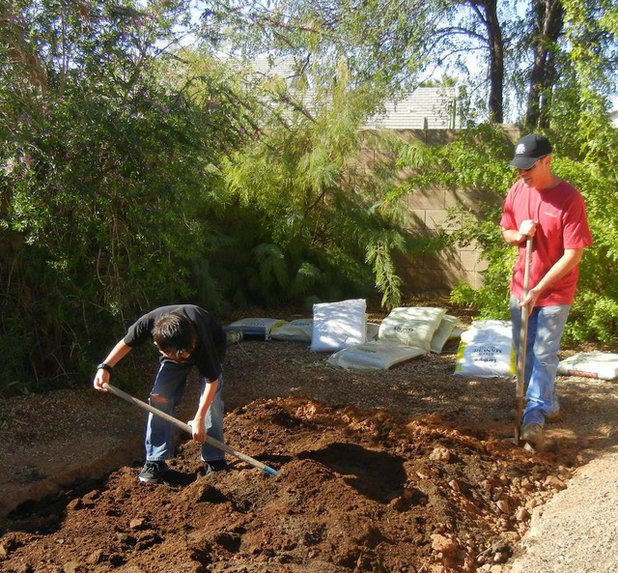
Noelle Johnson Landscape Consulting
How to apply. You can find bags of composted manure at your local nursery and apply it to your soil right away.
How much manure should you add to your soil? A good rule of thumb is to add 2 to 4 inches of manure for the first time to unimproved soil, and till it to a depth of 6 inches. Thereafter add 1 to 2 inches each year.
If you have a source of fresh manure, you can till the manure into the soil in the fall (when no plants are present); let it overwinter and then plant in the spring. By then your manure would no longer be considered fresh, but it will be composted and safe to use.
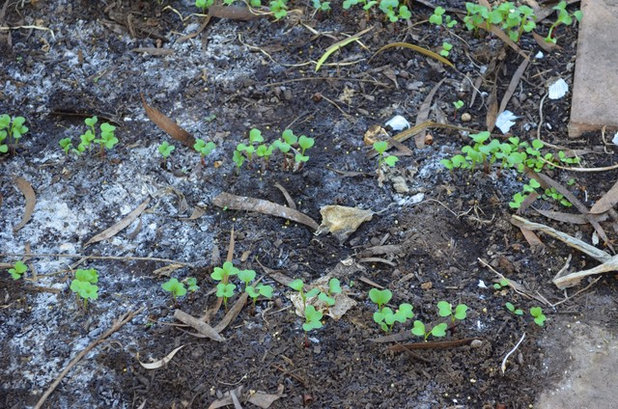
Noelle Johnson Landscape Consulting
Potential problems. Manures do contain salts, which can build up in your soil. Plants will struggle to grow in soils with high salt levels. If you live in an arid region, where soils tend to be high in salts, a soil test can determine if your soil has high levels of salts. If the levels are above 3 (mmhos/cm) then it is best not to use manure in your garden.
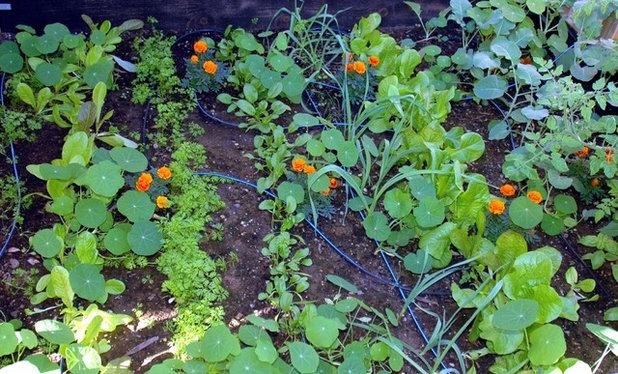
Noelle Johnson Landscape Consulting
More: Why Your Vegetables are Begging for Companion Plants





